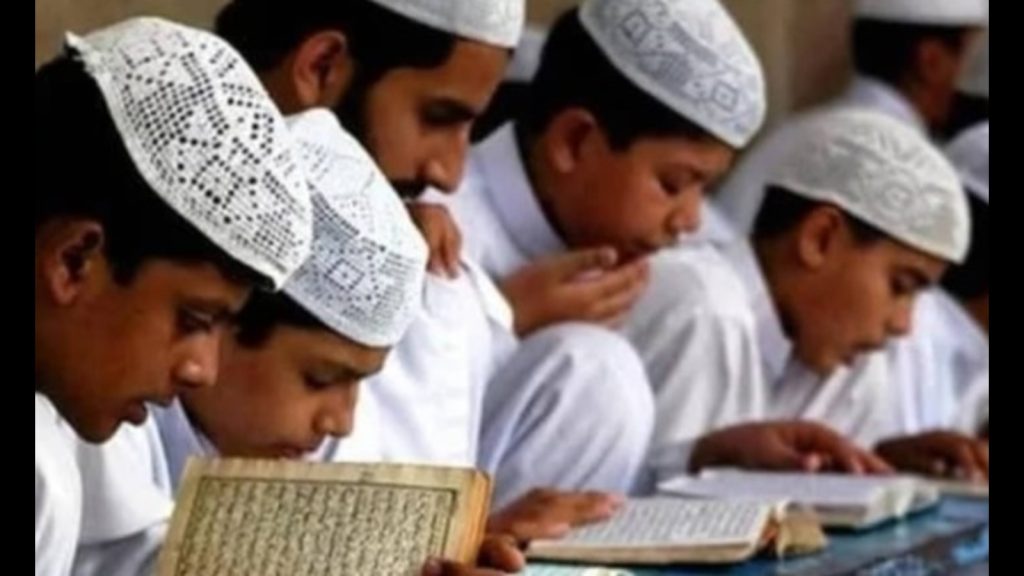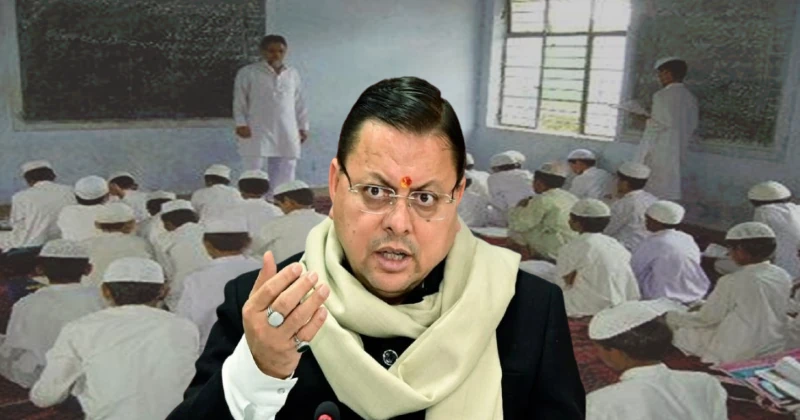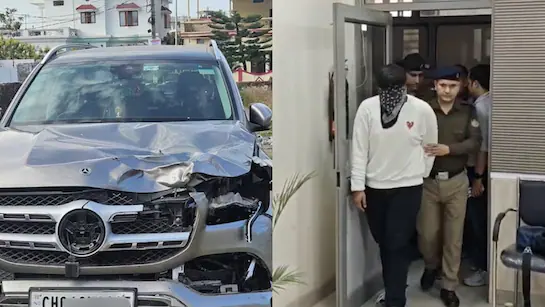Authorities in Uttarakhand have sealed dozens of unregistered madrassas across the state, including 32 in Udham Singh Nagar district, due to lack of valid documents.
Crackdown on Unregistered Madrassas in Uttarakhand
In a significant move, the Uttarakhand government has launched a large-scale crackdown on unregistered madrassas across the state. This action, led by Chief Minister Pushkar Singh Dhami, has resulted in the closure of over 52 madrassas in just 15 days. The primary reasons cited for this crackdown include concerns over security, lack of proper registration, and the potential misuse of these institutions. Authorities have identified more than 200 unregistered madrassas in Uttarakhand, with Udham Singh Nagar having the highest number at 129.
The crackdown has been carried out in multiple phases across various districts. In Dehradun, 14 unregistered madrassas were sealed, affecting around 150 students, most of whom come from financially disadvantaged backgrounds. Similarly, in Vikasnagar, 12 madrassas were shut down on a single day following direct orders from the Chief Minister. In Khatima, nine more madrassas were sealed. The government has emphasized that these institutions were operating without registration with the madrasa board or the education department.
The Uttarakhand Madrasa Education Board has urged all unregistered institutions to apply for legal recognition. Out of 88 applications received, 51 have been approved for recognition, while others are under review. The state government has mandated that district-level committees submit detailed reports within a month. These reports will guide further actions, including potential closures of non-compliant institutions and integration of registered madrasas into the mainstream educational framework.

Background and Reactions
The crackdown on madrassas in Uttarakhand has sparked significant protests and criticism. Muslim organizations have condemned the move as unconstitutional and targeting the community. Political figures like BSP’s Mayawati have termed it “prejudiced” and “non-secular.” The sealing of these madrassas has left hundreds of students without educational facilities, with many coming from economically weaker sections.
Historically, madrasas have played a crucial role in providing religious education to Muslim children, particularly in rural and economically disadvantaged areas. However, the lack of regulation and oversight has led to concerns about their curriculum and potential radicalization. The Uttarakhand government’s actions reflect a broader national debate on how to balance religious freedom with the need for oversight and regulation of educational institutions.
The Way Forward
The situation underscores the importance of dialogue and cooperation between government agencies, religious leaders, and community representatives to address these challenges effectively. Encouraging open dialogue and collaboration is crucial in navigating these complex issues and fostering a more inclusive and harmonious society. The government’s initiative ensures that these institutions are not influenced by unauthorized or foreign entities that could pose a security threat.
As this situation unfolds, it raises important questions about the balance between religious freedom and legal compliance. How can governments effectively address concerns about unregistered institutions while respecting the rights and sentiments of religious communities?
What do you think is the most effective way for governments to balance the need for legal compliance with the right to religious education, and how can they ensure that such actions do not unfairly target specific communities?



 By
By














